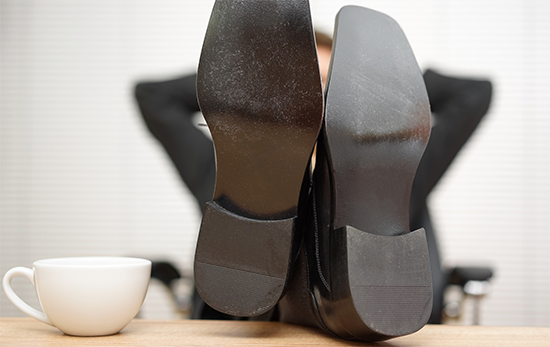
June-July 2017
The Power of
Empowerment
------------------
|






brown on green, A Regular column about finances
Doing Nothing
Many stock market pundits predicted a downturn in the market if Donald Trump were elected president. Instead, the market has grown more than 10% over his first three months in office. Some experts are predicting the market is due for a correction of 10% to 20%, while others believe the market will continue to rise.
On any given day, a scan of financial websites will reveal headlines that encourage investors to get out of stocks before a significant downturn while other headlines advise staying in stocks is best, that the bull market has many months to go. What should an investor do? Long-term investors have a ten-plus year time horizon and have time to ride the market ups and downs. Short-term investors with a two- to three-year time horizon should probably cut back on stock market investments since they might not be able to recover from a downturn.
Many studies have been done through the years that compare long-term investors who choose to sell off their stock positions when they perceive a downturn compared to those who “ride” the ups and downs of the market and stay fully invested in stocks. Most analysts agree the best strategy for the long-term investor is to stay fully invested.
Market-timers periodically jump out of the market just before a downturn in stocks occurs and jump back in when the next rally begins. The difficulty with timing the market is the difficulty of knowing exactly when a downturn or rally is coming, in order to make your move. A market-timer has to be right twice—when a high in the market has been reached and when the exact bottom of a downturn occurs. Even the best of the professional investors rarely get both of these dates right.
The consequences of missing on either end—when a downturn starts or when the market begins to rally—are huge. Being off even just a few days (and sometimes a few hours) can greatly impact your overall return. We have all seen the panic that results in dramatic one-day losses in the market. It is difficult to remain calm and ride out a big downturn, but many studies have shown that the investor who stays fully invested has a better return over the long term than the market-timer. So, what is the best thing to do when the markets have a big run-up or a big downturn?
Nothing.
About the Writer: David Brown, CPA, became director of the Free Will Baptist Foundation in 2007. Send your questions to David at david@nafwb.org. To learn how the Foundation can help you become a more effective giver, call 877-336-7575.
|
|

